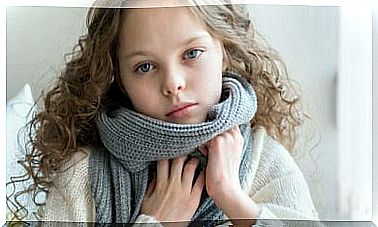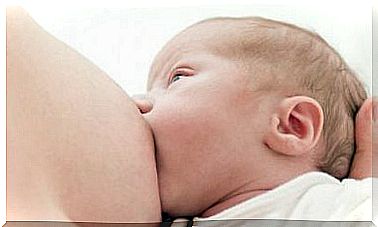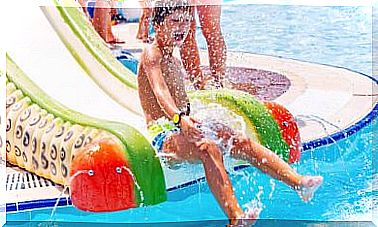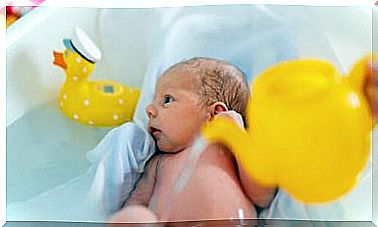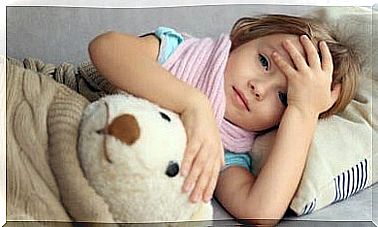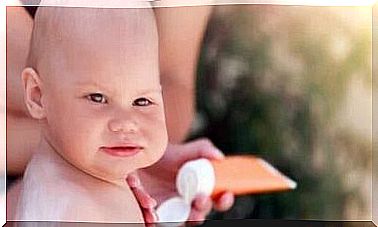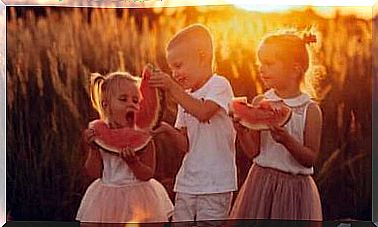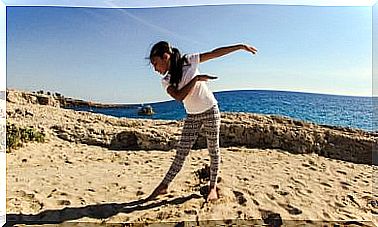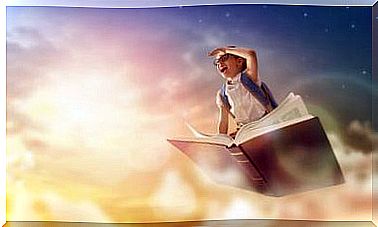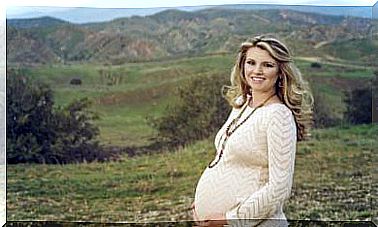Home Play: Riddles For Children
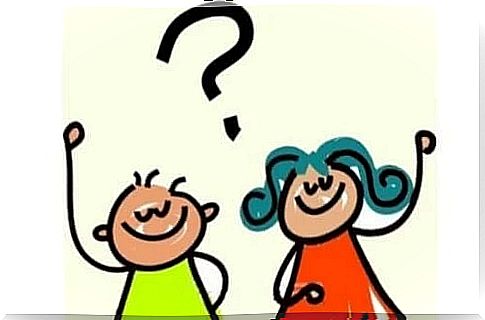
Puzzles are a useful tool for developing the intellect. They invite us to think about and solve problems whose results are in sight. Depending on their characteristics, riddles can be very effective for playing with children.
These simple puzzles are not intended for the exclusive use of children, but there are several alternatives for them. In general, those that children try to solve take into account their vocabulary. In most cases, they refer to everyday objects, animals, elements of nature or family ties.
A puzzle is elaborated through a careful formula expressed in rhyme. As it is for children, it should be understandable in most elements and its result should be accessible. These very complex puzzles are not very fun for the little ones, the idea is that they can get answers.
Children’s riddles
Remember that these puzzles are difficult for children to solve on their own. We cannot expect them to respond immediately. In addition, we should take the time to guide them, giving educational purposes to the game.
Likewise, it is important that there is a traditional component, that the riddles are based on the customs of each region. In most cases they are expressed in verse but are in the public domain. This contributes to the intellect, social relationship and connection with the environment.
Some fun riddles for kids are as follows:
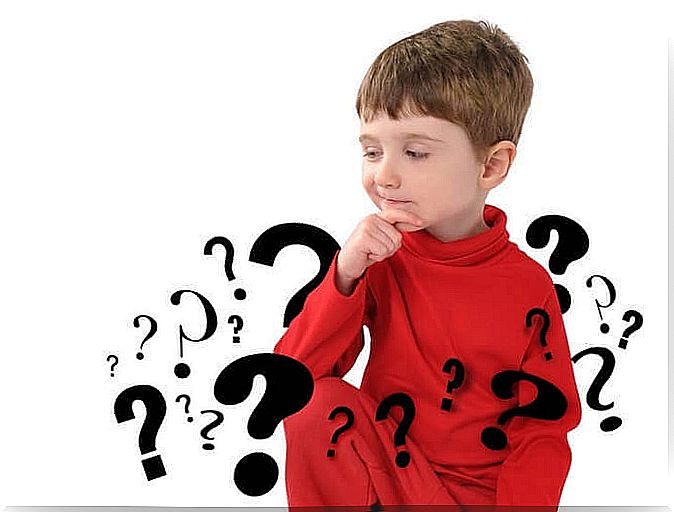
The way
Everyone steps on me,
but I don’t step on anyone.
Everyone asks about me,
but I don’t ask for anyone.
the pear
white inside
green on the outside.
If you want a tip,
wait!
the snail
I carry my house on my back,
behind me I leave a path,
I’m slow of movement,
And my gardener doesn’t like it.
Smoke
tall, tall as an almond tree
weighs less than a feather.
The silence
If you talk, I break you.
The name
Everybody uses
Everyone has,
because everyone gets one
As far as the world come.
The tongue
A lady who dominates,
always go by car
and it’s always wet.
A child can teach an adult three things: to be happy for no reason, to be always busy with something, and to know how to demand with all your strength what you want.
-Paulo Coelho-
The water
Guess who I am:
the more I wash,
dirtier I get.
The egg
A small space,
white as lime:
everyone knows how to open.
nobody knows how to close.
the cat
It has cat eyes, but it’s not a cat,
cat ears but not a cat;
cat’s paws, but not cat’s;
cat’s tail, but it’s not a cat.
The darkness
what is what it is:
the bigger the less you see?
Mommy
She is a sister of your uncles, a
daughter of your grandparents
and the person who loves you the most.
The book
I have leaves, but I’m not a tree,
I have a back, but I’m not a horse.
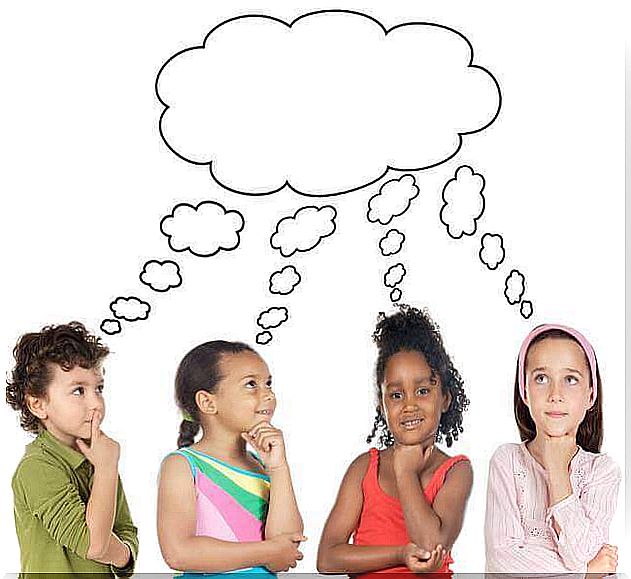
the candle
A long dry old woman dripping wax
The corn
I have leaves, but I’m not a book,
I have a beard, but I’m not a goat.
The dictionary
He’s a chubby sage
if you ask him he doesn’t speak, he
knows all the answers and he
has all the words.
The baby
Sleeps well in his crib
is sometimes a crybaby,
but he also smiles
when he picks up the bottle.
the letter L
In the Falkland Islands there are three,
Spain has none,
in the Solomon Islands two
and in São Paulo only one.
The bones
Like a rock, they’re hard:
for dogs a good feast
and without them you wouldn’t be able to
jump or walk.
